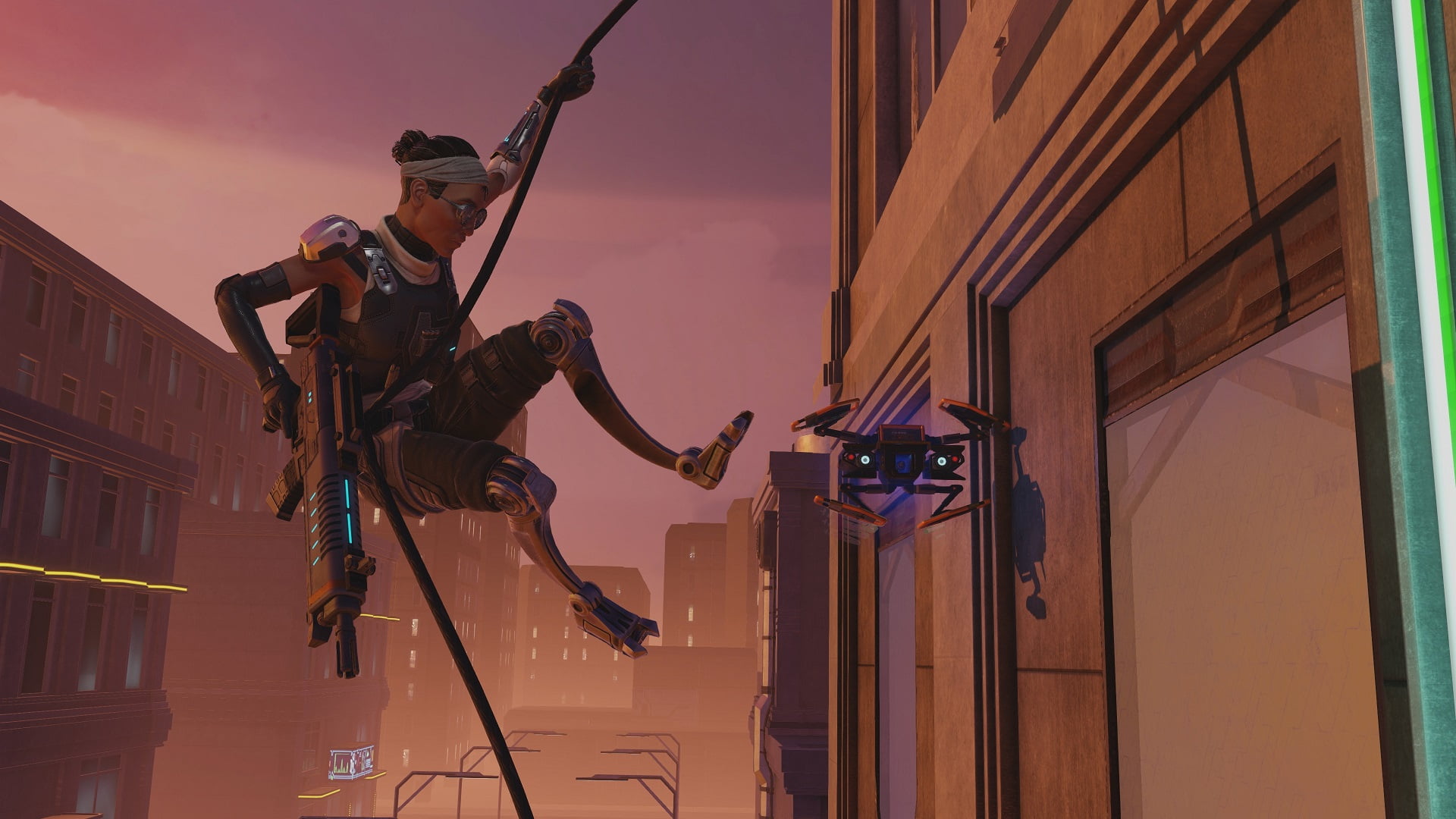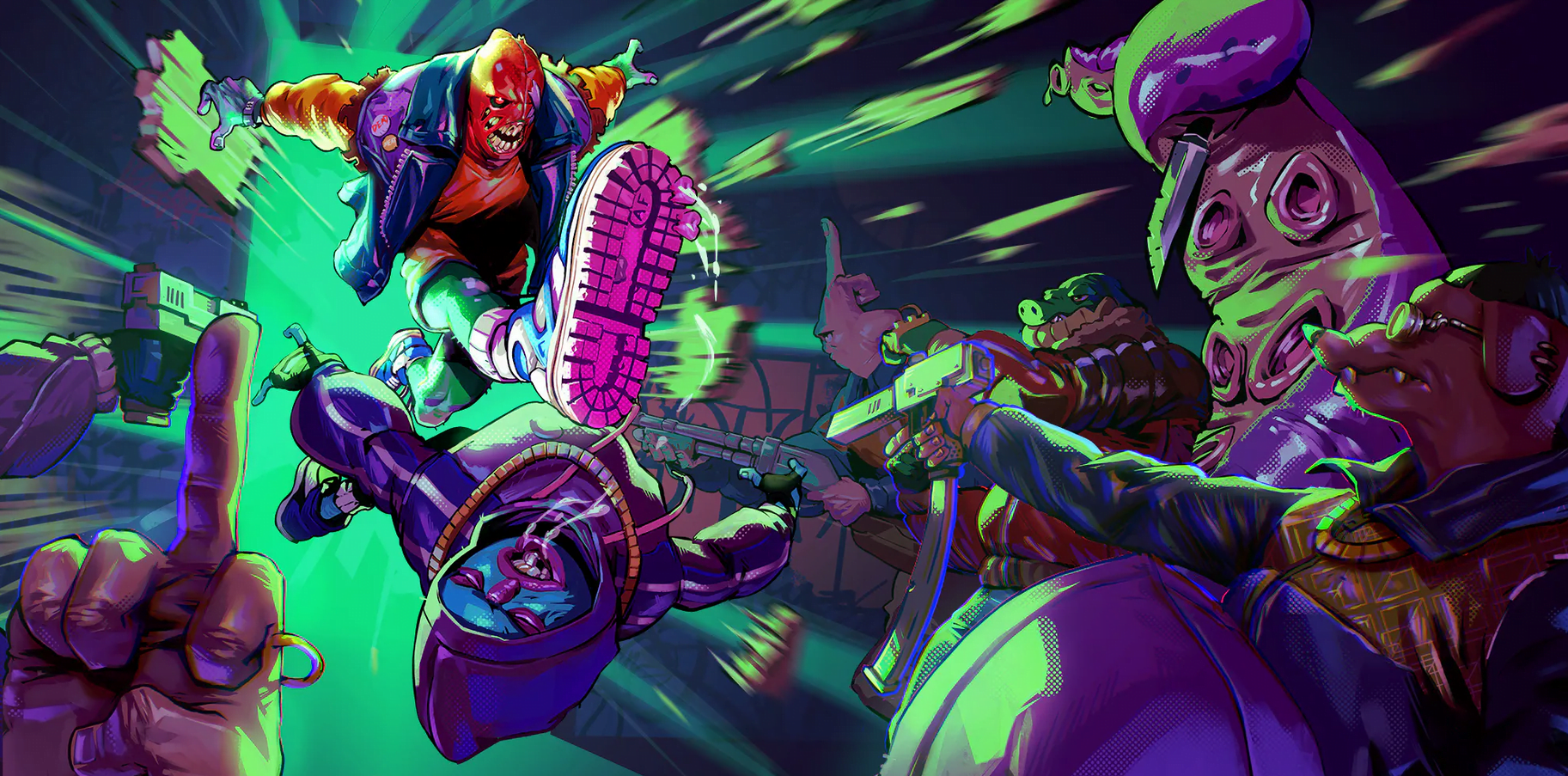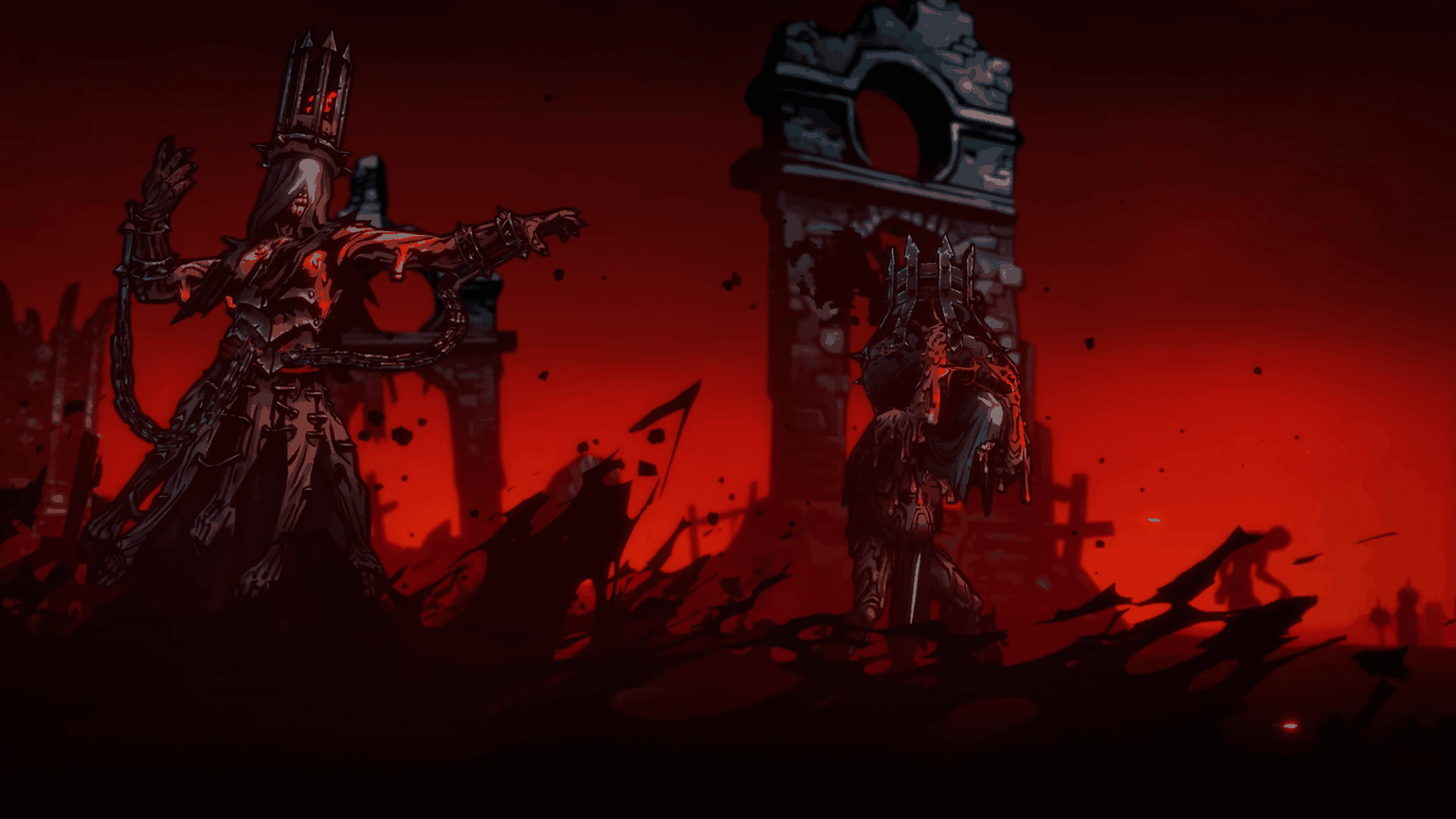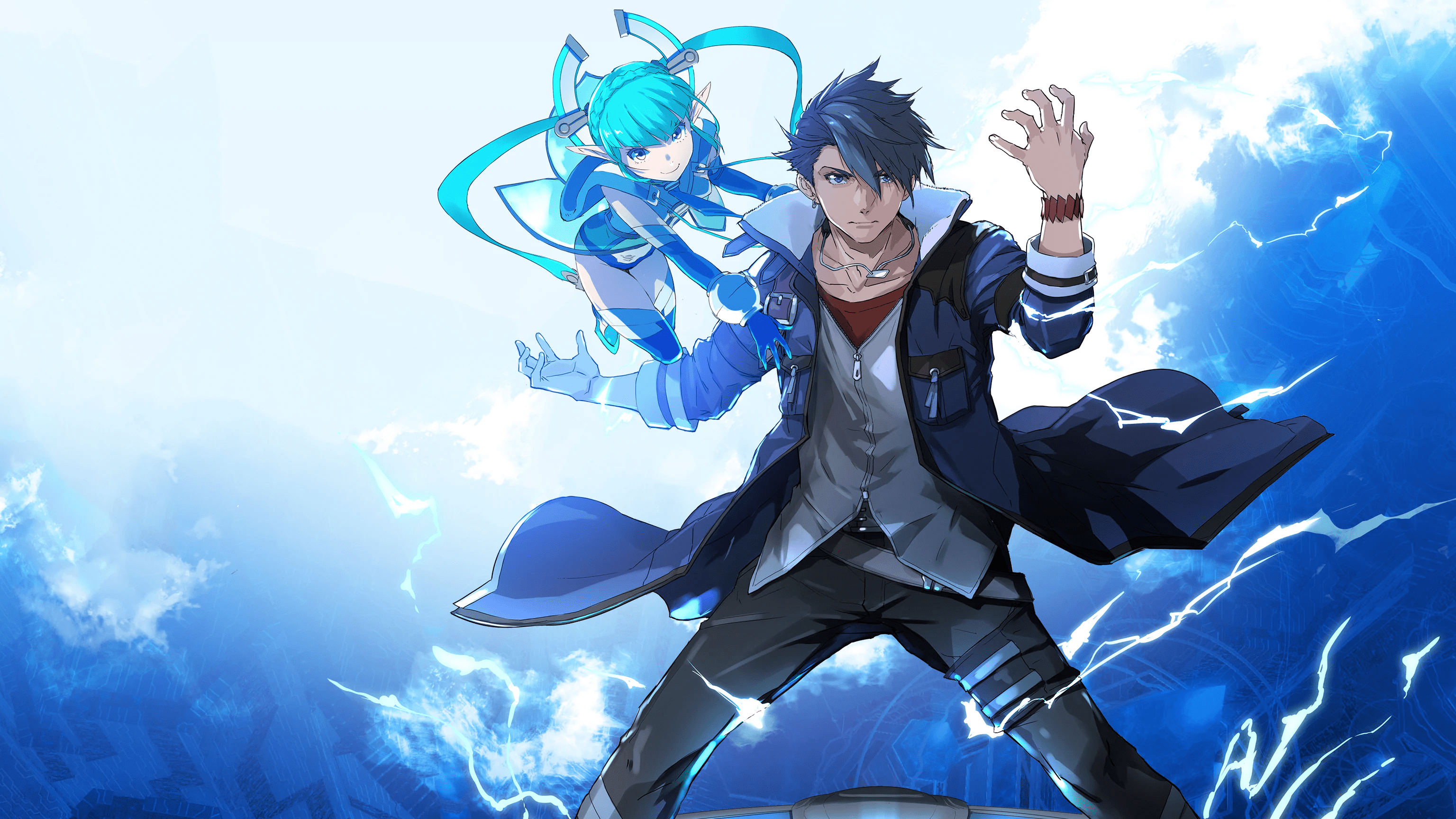Eleven hours into my first XCOM: Chimera Squad run, I had to start over. I was about to take down one of the three factions the game pits you against, right on the final stage of the mission, when I found myself in a seemingly unwinnable situation.
The encounter saw me trying to stop the enemy from launching a spaceship. I needed to make sure no one was near the launch console for more than two turn cycles. Simple enough. Only, every time, without fail, one of the enemies who were tagged to run for the console was also the strongest. He had a large health pool and gained a couple points of armor every time he took damage on top of the two points he started with, making him a hardy foe under normal circumstances and pretty much invincible here. My squad was strong, but there was no way I could deal enough damage fast enough to take him down before the mission failed. Between his armor gains and that he was somehow exempt from any of the abilities I had to move him around the map or generally stop him from taking his turn, there was nothing I could do.
So I started over. Whatever. No big deal. I usually abandon my first run in these games once I get a better handle on things, anyway. Par for the course. Next time I reached the mission, I came prepared. Made sure my team was equipped to deal damage hard and fast – even had armor piercing rounds ready to further expedite matters. I was all set. This time, he was going down. Then the guy who gave me trouble before wasn’t selected for making a run on the launch console, two weaker less threatening foes being selected instead, more or less rendering all my prep moot. The mission went off without a hitch. Turns out I just needed to restart the whole mission and hope I got a better roll. Annoying, but at least I got past the mission.

Let me say up front that I think XCOM: Chimera Squad is very good. It’s a fun smaller scale take on XCOM that serves as a fantastic way to experiment with the series formula a bit while also clearly setting the stage for what’s next. It’s more XCOM, and that’s never a bad thing. That said, the game is definitely flawed.
Set some years after the end of XCOM 2, society is starting to return to a sense of normalcy following the liberation of humans, aliens, and hybrids from the control of The Elders, with everyone attempting to live in harmony. City 31 is the centerpiece of these efforts, a sprawling metropolis that has so far been successful in maintaining peaceful relations between everyone. Or was. At the start of the game, the city’s mayor is assassinated. XCOM’s new task force, dubbed Chimera Squad, has just arrived in the city at the same time, taking on the task of investigating who’s responsible for the hit on the mayor and why.
The plot on the whole is pretty light. Your investigation sees you taking down three different groups operating within the city as you steadily piece together the greater mystery. Chimera Squad doesn’t really give much time to exploring what the state of the city is, nor does it spend much time diving into its characters past the occasional banter between encounters and back at base. The bits and pieces you do get are good – newscasters commenting on events happening around the city provide a sense of the unrest in the city, while ads and radio commentators provide a nice bit of color – it just would have been nice to get more from your team.
The story doesn’t spend much time on the particulars of each investigation either, with debriefings before and after missions giving you most of the details on what each faction is up to and the results of your actions. Each one is more or less its own small sub-story that eventually feeds into the greater plot each with their own moments of intrigue. On the whole, though, Chimera Squad feels much more like a setup for the inevitable XCOM 3 than a fully self-contained story of its own.

Chimera Squad ditches the fully customizable units from the previous games in favor of pre-made characters, each with their own unique skills and roles. Terminal is your basic support unit, able to heal allies, delay enemy turns, and give her fellow squad members an extra action. Cherub is all about defense as he’s able to place a shield on anyone that prevents all damage for one hit. Torque can move about the field quickly and can pull enemies and allies alike toward her to either get one of your own out of danger or bind an enemy to prevent them from acting. Claymore’s all about demolition, Zephyr’s a melee character who can afflict a ton of different status ailments, Patchwork can hack machines, Verge can use his psi-abilities to stun and control enemies, and so on. Figuring out how to make everyone’s skills synergize is key and always satisfying, particularly when you unexpectedly find ways to have units play off of one another (for instance, using Torque’s pull ability to put an enemy right into range of another unit’s overwatch to take them down).
You can only recruit eight out of the eleven characters available over the course of the game, so you have to think carefully about who you want. Not being able to have the whole team at your disposal kinda sucks, but I do like how it places emphasis on thinking about how to use each character whether they fit into your particular gameplan. I started off with Torque, Cherub, Verge, and Terminal – pretty well-rounded team – once I started over because I liked how easily I could jump from offense to defense while still being able to disrupt enemy actions. There’s a lot of potential for team compositions once you get familiar with each agent’s abilities and how best to use them, which gives Chimera Squad a nice extra layer of tactical consideration given you don’t have the usual full suite of classes from previous XCOMs available.
Each mission is split into discrete encounters that play out in two phases. First, the breach phase where you decide where your team’s going to be entering from and the order in which they’ll take their turns. Different breach points have different attributes. Some of them confer bonuses like extra accuracy or defense while others disable the weapon of the first or last person to enter or immobilize them for one turn. The biggest factor is whether or not there are any aggressive enemies on the other side ready to open fire. If there are, unless you can take them down after busting the doors open, you’re gonna be taking damage before the encounter truly begins. If there aren’t, then you can get some free shots in and weaken or even remove some enemies from the field early.
The second phase is where the battle actually starts and where the game becomes regular ol’ XCOM. Well, mostly. Chimera Squad plays a bit differently than previous XCOMs. Rather than have turns be split between the player phase and the enemy phase, it’s a constant back and forth between them in accordance with the current turn order on the right side of the screen. One of your agents takes a turn, then one of the enemies, then you again, and so on. It’s similar to The Banner Saga save for the fact that the turn order can be altered with the right skills. At least once per mission, you can use the “team up” ability to allow one of your team to take their turn next. Useful for when one of them ends up in a bad situation unexpectedly or to expedite extraction or whatever. You can otherwise use Terminal’s skills or bring along items that let your team take more actions.

As such, the tactical layer is more about trying to disrupt the enemy turn order and ideally eliminate targets before they can act. For instance, if I see an enemy who can mind-control one of my crew, I make them the priority so as to prevent them from gaining the advantage. Maybe I do that by just focusing everyone’s fire on them during the breach phase to take them out immediately. Boom – no longer a threat. Or, failing that, I can use Torque and pull them out of cover and have her bind them to prevent them from acting entirely for as long as I want, or have Verge use his own psi-abilities to stun them briefly. Either way, I’ve taken them out of the turn rotation for a while and given myself more room to breathe.
It turns Chimera Squad’s encounters into more of a puzzle, as with only four units and limited space to fight in (they’re almost always in small, enclosed spaces), the dynamics of battle change considerably. It’s less about setting things up to efficiently take down foes in one smooth motion and more about constantly acting and reacting to how the situation develops and how best to make the most of your team in any given scenario. Where in previous XCOMs you could spent the first part of your turn positing everyone to make the most of it – say, set everyone up to flank the enemy before dropping the hammer on them or having a sniper pick off some weaker foes or whittle down the health of a tougher one so the rest of the squad can take it down – here you have to think ahead and be ready to adapt.
There were a number of times where I set up a breach thinking I had a good idea of how things were going to play out – spread my team across different breach points to set up a flank or at least get some better angles – only to find out I’d screwed up somewhere. The turn order left a couple units in unfavorable positions, one of the breach points wasn’t as beneficial as I hoped; whatever the case, things didn’t work out how I thought they would and I had to figure out how to proceed quickly.
You’re always going in with little to no idea of what to expect, so it’s inevitable that you’re eventually gonna end up in a less than idea spot at the start of an encounter. In one instance, during the mission to take down a faction called “Sacred Coil” (they’re more or less remnants of the villains from XCOM 2), I sent one of my agents down a ventilation route to get the drop on the enemy while the rest went through the front door. The scene was in an old subway system, abandoned trains sitting in the middle of the field. Right from the start, things went awry as the unit I sent down the stealth route ended up being almost right next to the faction’s leader. Usually, I’d consider that an advantage, but this guy excelled at melee combat and was ready to wreak my team.

Oh, also there were a bunch of zombies in that area too that didn’t arrive until after the breach phase, so… you know. Not great.
I didn’t have any line of sight on him with anyone, so I couldn’t stun or bind him, meaning I had no means to stop him. Best I could do was have Cherub toss a shield on who was closest to him and hope for the best. It went… well enough. He disabled my unit’s weapon (thus forcing me to reload when their turn came about), but didn’t deal any actual damage. Still, hurt the advantage I had by disabling my unit’s weapon. Didn’t take long for the zombies to descend on them from there and put me in the absolute worst position.
Things didn’t go as bad elsewhere, but it wasn’t great. The rest of the squad was quickly pinned down and had nowhere to move that wouldn’t break line of sight. With so many targets advancing, I could have tried repositioning, but I needed to start clearing the field, so I just opened fire and hoped for the best. It went well until a guy with a flamethrower flanked them and forced me to move everyone around to get away from the fire. The fight turned into a scramble from there on, moving people around and taking shots where I could. Strategy was thrown out the window at that point.
It all worked out in the end, somehow, though everyone had taken heavy damage. And there was still one more encounter to go.

Moments like those exemplify Chimera Squad at its best. A constant struggle as the tide of battle shifts back and forth, forcing you to think quickly and figure out how best to make a bad situation work. Those moments are few and far between, unfortunately, due to how uneven the difficulty curve is (at least on normal). Most missions quickly become cakewalks, only occasionally being given something that requires work. The take down missions are always thrilling because they always achieve that level effortlessly, but it’s a bit unfortunate that so many of the other missions you take on don’t often achieve the same heights.
Even so, XCOM: Chimera Squad is a great game. The particular spins on the XCOM formula Chimera Squad makes are fun and refreshing. The addition of actual named characters with their own abilities expands the tactical possibilities in ways that you can easily see being expanded on whenever the next game comes around. The unfortunate bugs that currently plague the game are a definite problem, but at least they can be fixed in due time. Chimera Squad is simply more XCOM, but it’s still good, that’s not a bad thing.





